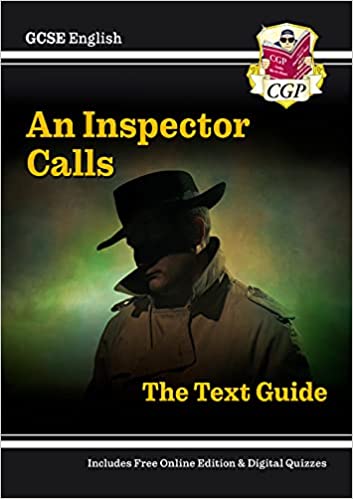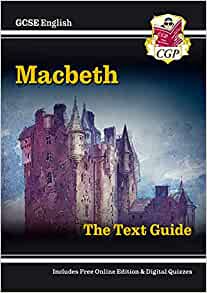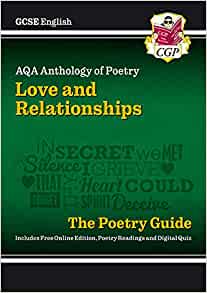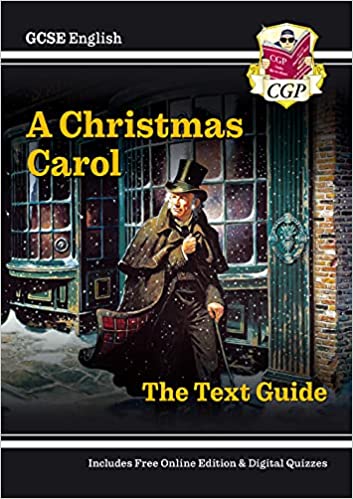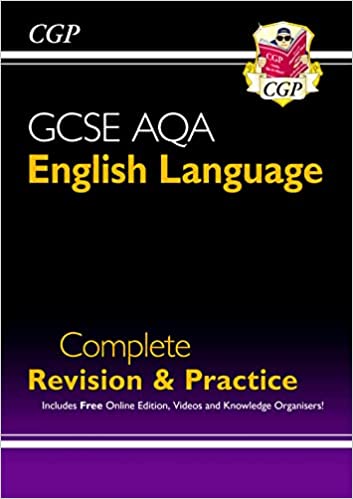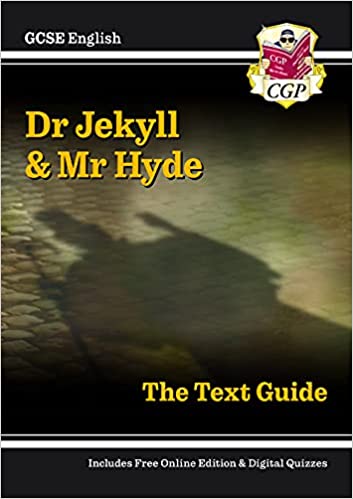IELTS Test Preparation
It’s not easy to prepare for the IELTS test, but there are strategies that can help you improve your score. Whether you need to improve your Reading Comprehension or Writing Skills, we have some tips and tricks to get you started. In this blog post, we will outline 4 strategies that every IELTS student should know about in order to increase their chance of success on the exam.
Learn the format of IELTS Reading
In order to succeed at IELTS Reading Comprehension, you need to be able to recognize the format of each question and answer quickly. Every sentence in an article will have a topic word that should jump out when scrolling through the questions – it is usually bolded or italicized. This is often followed by some example sentences that give you a feel for the answer type.
Underline these points with your pen or pencil to identify them quickly and know what is expected at this point in time. It will save you valuable seconds on test day when it’s crunch time!
It may be difficult, but remain calm throughout
Exams are stressful no matter what, but try to remain calm while taking the IELTS test. The more confident you are in your answers and the less anxious you can feel during exam time will result in a higher score – this is because being calmer means that your brain has better concentration which results in improved reading skills, writing skills, and listening comprehension as well!
-Learn to read with your ears
When reading an IELTS Reading Comprehension question, it is important to keep in mind what the passage says. If you are able to recognize keywords and other words that describe a certain topic, then there would be no need for you to re-read passages over and over again. Instead of wasting time looking for the answer in a passage, read it with your ears.
Practice Your Grammar

The most important aspect of the IELTS test is grammar. From punctuation to sentence structure, and from spelling to vocabulary use, your ability to demonstrate good English skills will determine how many points you earn on this section. The key here is practice! Find a solid list of common mistakes, such as the one on IELTS.org, and then take the time to go through them all until you’re confident that you know what’s right from wrong.
An IELTS coaching institute like ours will help you to get a high score on the IELTS test. Although it may be difficult, remaining calm and confident during exams is key in scoring higher! In order to do this, make sure that your grammar skills are up-to-par by practising with a list of common mistakes with the right skills, your IELTS score will improve!
Start Thinking About Vocabulary in Different Ways
Many people put off learning vocabulary for this test because they think it will be too difficult or time-consuming. The truth is, you can learn the words one by one and then put them together to create more complex sentences using your new vocabulary. For example:
“I am going to buy a watermelon.”
– I’m going to go into this store here and find myself a watermelon. Do you want anything while we’re here?”
– I am thinking of buying a watermelon. Is it expensive?
These three sentences all use the word “watermelon” in different ways, and each sentence provides new insights into this fruit that you may not have known before! Plus, using vocabulary correctly will help to increase your score on the Reading Comprehension section of the IELTS test.
Focus on the Reading Comprehension Section of IELTS
Reading comprehension is an important skill for anyone to have, and it’s even more so when you’re taking the IELTS exam! You’ll need to be able to understand content from various sources such as textbooks, magazines, and academic journals in order to answer questions dealing with this content. In addition, you’ll need to be able to understand various types of reading styles such as narration and description; the IELTS test will let you know which type of text it is asking for before presenting a question or passage!
-The IELTS exam will contain questions or passages that need to be read and understood.
-When the test is asking you about narration, it wants this style of reading: “Andy Smith was a successful businessman who had just been promoted.”
-Descriptive texts are longer pieces that describe an event in detail such as ‘the smell of the air was crisp and fresh, a ray of sunshine sneaked through the clouds.’
-A passage asking for an opinion will look like this: ‘What is your favourite colour?’
-Reading comprehension requires that you know how to read and understand different types of texts.
Practice Your Speaking Skills
It’s important to be able to speak English comfortably, too! If you’re not confident with speaking in front of an audience or even just talking on the phone, then it will show during your IELTS test. For this section, it’s helpful to practice with a tutor who can help you deal with your anxiety and get comfortable speaking in English!
-The IELTS exam will measure how well you speak the language fluently.
-One way of practising is by making yourself say sentences out loud over and over until they sound natural.
-The IELTS exam can also be a good opportunity to practice speaking if you’re not often in conversations with native English speakers.
-Practice will make it easier when it comes time for your test!
Here are some of the key strategies that we recommend:
It’s important to have a high score on this section of the IELTS test because it measures your speaking skills.
Test takers should practice their speaking skills with a tutor who can help them become more confident in front of an audience or on the phone, and also make themselves say sentences out loud over and over until they sound natural. Practising will also be helpful for those who don’t often speak with native English speakers.
-One way of practising is by making yourself say sentences out loud over and over until they sound natural.
-The IELTS exam can also be a good opportunity to practice speaking if you’re not often in conversations with native English speakers.
Take Plenty of Practice Tests
Practice tests are the most important tool that you have when it comes to IELTS preparation. There is absolutely no substitute for test-taking experience, and these practice tests will help give you a feel for what kind of questions or passages might be on your real exam. They’ll also let you know whether your comprehension skills need some work, or whether you need to focus on vocabulary, grammar, listening comprehension skills, and all of the other aspects that come into play when taking this test.
-Practice will make it easier when it comes time for your test!
You should also focus below while preparing for the test,
-Find out what your strengths and weaknesses are in the four skills (listening, reading, speaking, writing)
-Take practice tests to see where your weaknesses are
-Study vocabulary for at least 20 minutes each day
-Get enough sleep and eat healthy so you can focus on the test
-Find a quiet place with no distractions for your test date
-Review your mistakes after each section of the test
-Be honest about what level of English proficiency you have and choose an appropriate IELTS exam for your skill level
Conclusion :
Conclusion paragraph: It’s important to remember that IELTS is a test of your ability to communicate in English, not just your language knowledge. If you want to get the highest possible score on this exam, make sure you prioritize reading and vocabulary skills over grammar practice.
You may also find it helpful to take plenty of practice tests before the big day arrives. And don’t forget about practising with authentic materials! These tips should help any student improve their scores on the IELTS Reading section so they can feel confident come test day. All these strategies are designed for students who have been studying hard but are still struggling at some point during the course of preparation. Remember, success starts with mindset–and being able to identify what needs improvement will help you get started.
Hopefully, these strategies will help any student who is struggling with their IELTS preparation to find success come test day!
Author Bio
KC Raj is a career counsellor and recruiter with many years of experience. Interested in topics like human development, education, immigration, inequality, and many other international issues.
Reachable at: https://www.linkedin.com/in/kc-raj-kcr/
About English Made Simple

English Made Simple is a website dedicated GCSE English, IELTS Preparation and other things providing useful content to readers all across the world on how to improve their English.


